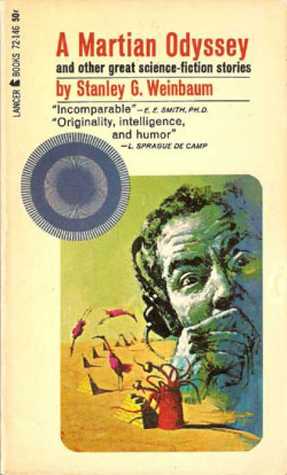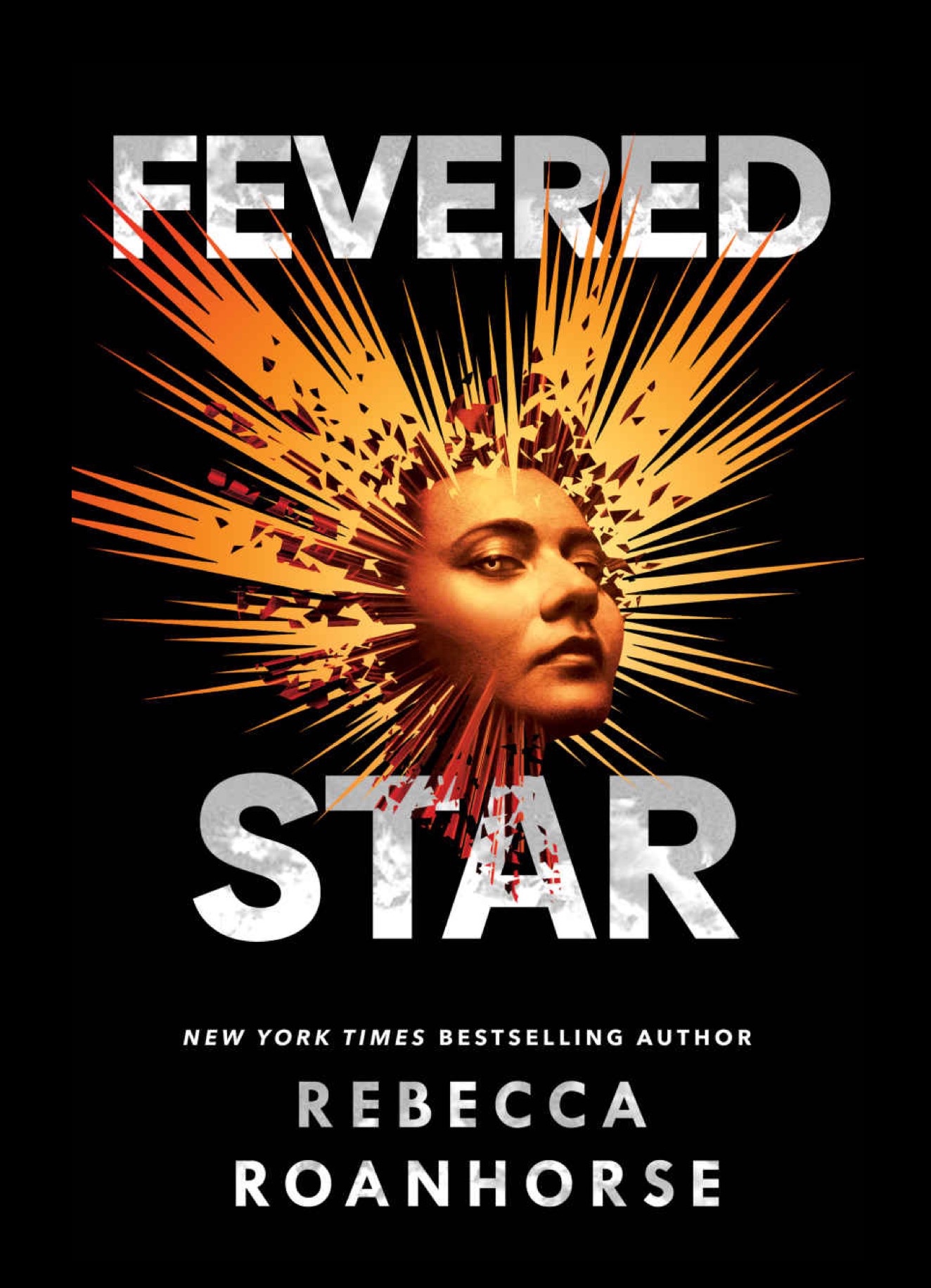
Locklands is the thrilling conclusion to Bennett’s stupendous Founders trilogy. It is one of those books -like the other two in the trilogy – which is jaw-droppingly great from the first page to the last. It is epic. It is awesome.
The Founders trilogy is a fantasy world dripping with the fantasy equivalent of computer codes. We live in a world where computer codes can do just about anything and often a smartphone in our pocket can access libraries of knowledge, passkeys, and more. The Founders world though is not an advanced science fiction spaceships and time travel type world. Rather, scrivings or codes are written by editors upon any kind of object, making arrows want to hit targets, doors want to stay closed, ships want to float on the ocean, or the like. At its base, such use of scrivings is fascinating and the ability to make objects want to act in certain ways like bricks that want to stay together to help a building’s stability is incredible.
But, by the time we get to Locklands, the work of the scrivings has been moved to a whole new level. Plates can be scribed and embedded on objects and twinned so that things done to one object can act like permissions on the twinned object. Plates can be placed in people to twin them with others to either control them one directionally or marry them telepathically when it goes in both directions. There is no end to what these scrivings can do or how one can argue with the scrivings to make them behave (or people behave) in ways that defy reality. Some of these scriving objects, moreover, have the ability to edit reality and carve it away.
Locklands takes us to a point where, like Sauron in Tolkien’s Lord of the Rings, an all-powerful entity has unleashed armies of followers upon the world, threatening to rip asunder all reality, and one little kingdom stands between the Dark Lord and the conquest of the entire world. We get here a band of intrepid warriors (or at least people brave enough to act as warriors) who seek to slip into the Dark Lord’s empire and do something in secret that saves the world of fails to.
This novel is filled with solid action from cover to cover and there is almost no let=up in that action from beginning to end as the stakes get higher and higher and the ability of the few left -Sancia, Claudia, Clef, and Berenice – to stand up to the greater powers doing battle around them are quite limited. Each of these characters -and yes a magic key is still considered a character – are well developed and put through trials and tribulations.
But perhaps the power of this narrative is that what we think of as reality is put into question as tools are used that defy all known versions of reality and warp things like gravity and density and individuality. This novel – like the two preceding ones- which might be helpful to read first- is simply mind-blowing. It is not just a fantasy story of swords and wizards and kingdoms but a full-on departure from the ordinary. And, isn’t that what we often seek in fantasy literature- not the ordinary, but the absolutely extraordinary.







